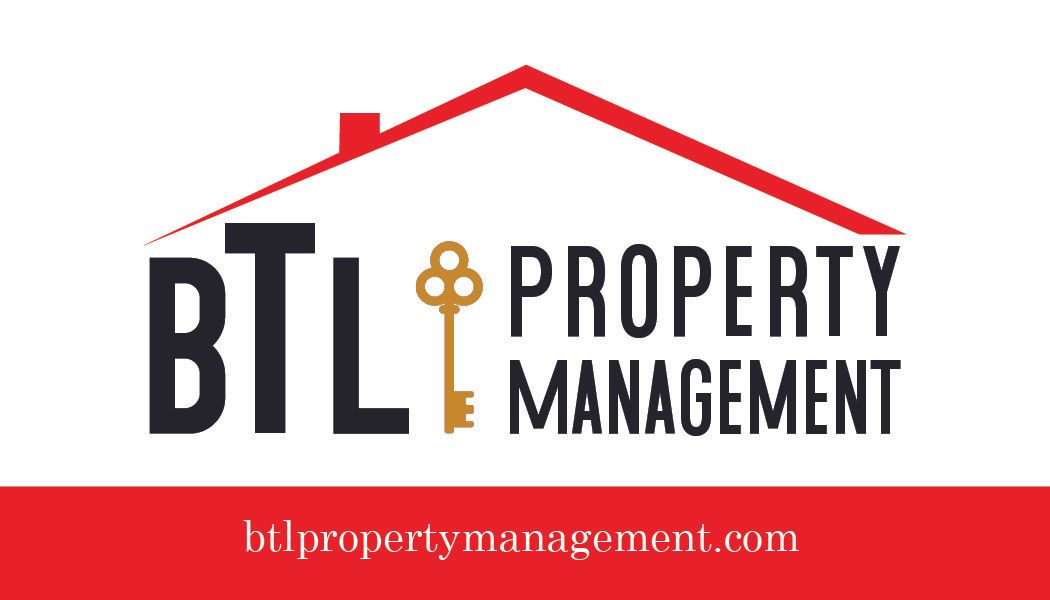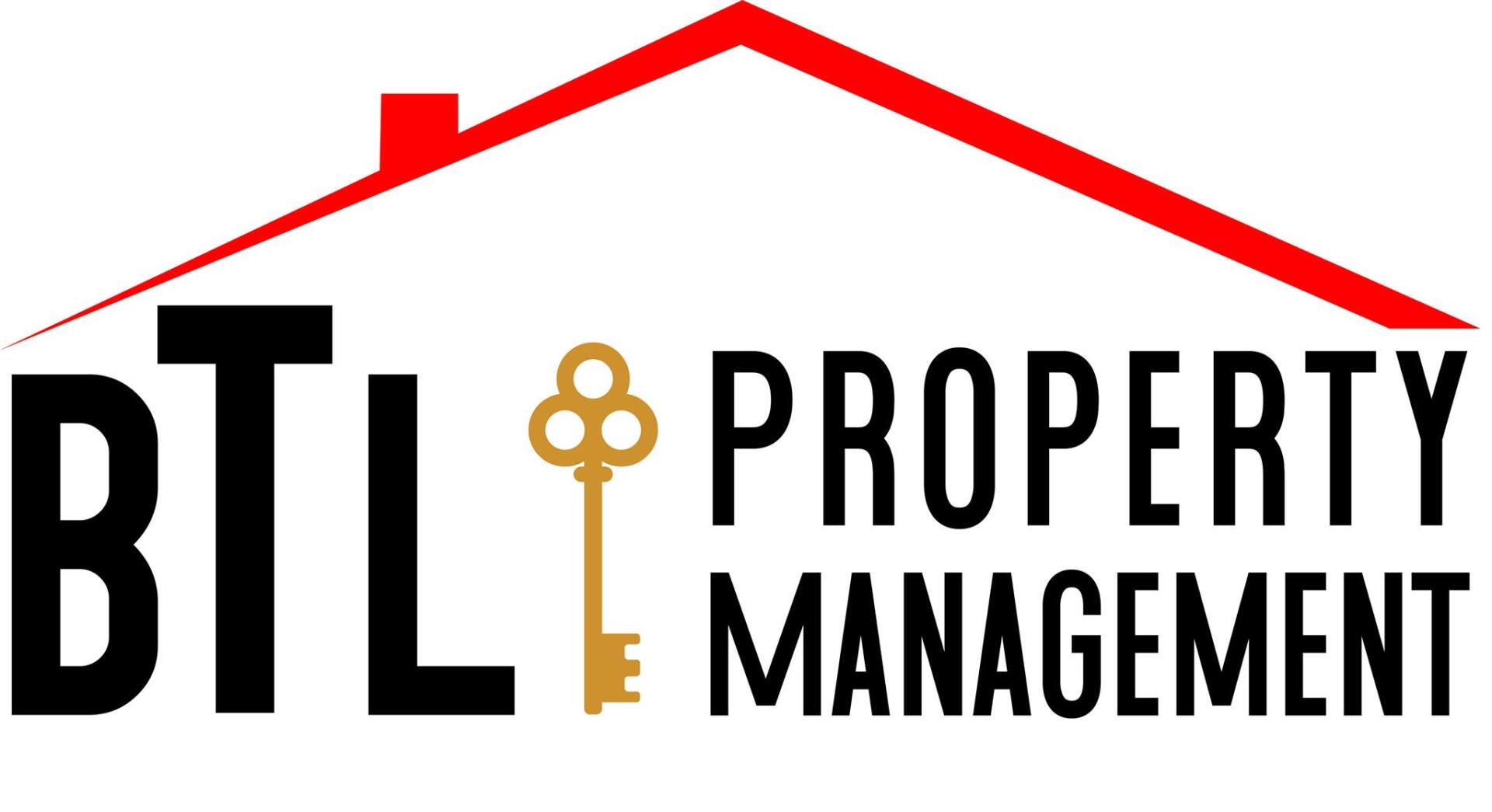Blog

Imagine getting a home, fixing it up to rent, getting an amazing family to live in it that just loves having you as a landlord, and stays for 10-15 years to raise their family there? Hardly any problems, and you get to collect a big check every month in passive income from the rent. Ah, it is the dream, to be sure. If only reality were so simple. It is actually not that easy once you get into becoming a landlord. Choosing the right property can be hard, yet alone financing it properly so you can get a profit, marketing and doing background checks on rental prospects, inspections, tenants moving in and moving out all the time, rent collection, evictions, fair housing laws, unexpected maintenance issues, difficult tenants... Just a few of the things that make the dream a bit harder to achieve. So how do people do this successfully? What about your retired neighbor that lives off of his social security and rental income. Surely it works well for some people, right? That is what we're going to unpack here... #1 - Finding the Right Property to Begin With Every property has limited potential, depending on the market in that area, the neighborhood, and the size of the property. When looking at a property, ask yourself the following: What are the best quality homes in this neighborhood renting for? What does this home need to get to that point Is there room for improvement in the neighborhood without substantial city development or changes? Some neighborhoods are well established, have organized HOAs, and are in what people call “the nicer side of town.” Others are in not so well developed parts of town, and raising the value of your property may be a serious uphill battle you have limited control over Does it flow well? You may get a good deal when you buy the property, but it can come with a price. Keep in mind that that awkward home with the toilet in the bedroom closet and no living room that no one else wants to buy, may also turn into that awkward home that no wants to rent either. Is there enough room with my all in monthly expenses (PITI and HOA dues, normally) for decent profit from the market rental rate and regular maintenance expenses? Make sure you get a good deal with your financing when considering these all in costs, and speak to a professional about what the average market rent is like for this type of home first. #2 - Getting it Rent Ready Almost all homes need something to get them rent ready after you buy, even if you didn’t get a fixer upper. Depending on your skill level and resources, you may need to enlist help here from a contractor. Don’t be afraid to ask a property manager their opinion of what it need to be rent ready. They hear from renters every day about what they are looking for in a home. Clean homes, window treatments, nothing broken, no scuffs on the walls, no missing smoke detectors, nothing “awkward.” If you wondered, “why did they put a shelf there?” when you bought it, so will they! #3 - Marketing and Screening Tenants Next comes renting it! Putting out a for rent sign in the yard is the traditional route, but make sure you are taking advantage of online marketing too. Most people looking to buy or rent a home now use their smartphone to do it. Getting that digital traffic flow is absolutely essential to getting the most exposure to your home. There are so many platforms out there you can use - and most landlords use several of them for one listing. Make sure you make yourself available for showings, and answer prospect questions. Getting back to people in a timely manner and following up with them to confirm appointments and ask post-showing questions is essential, too. People don’t want to think you forgot about them. What about their background checks? Do not skip this part. I’ve been offered more money, been bribed because “well you know me, I won’t skip out on you,” and been flat out yelled at for charging too much for an application fee/background check for applicants. Don’t fall for any of it! Background check is essential. Take a little time to look into who your applicant really is before making a decision. What you find may surprise you. Next comes the business of being a landlord! I can’t promise that you’ll be smooth sailing after this. Property management, like any other business or investment you put your time into, can be a little unpredictable and include plenty of ups and downs. But if you follow the steps above, you are sure off to a great start!



